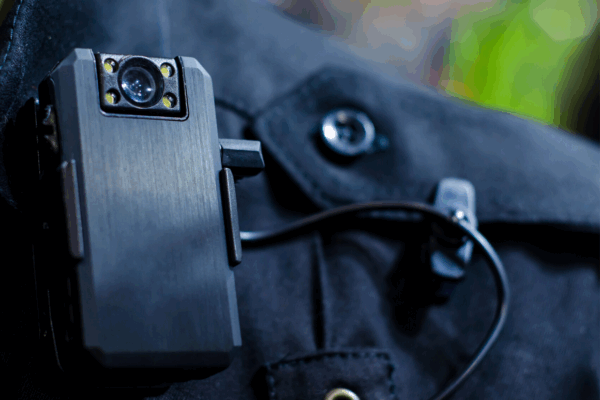Following the murder of Walter Scott by the North Charleston Police Department five years ago, South Carolina lawmakers passed legislation requiring all law enforcement officers to wear body cameras. In the five years since the law’s passage, law enforcement have turned a tool sold to the public as a way to strengthen law enforcement accountability and community trust of law enforcement into a tool to shield law enforcement officers from accountability. As calls for expanding body camera programs grow in the wake of more police violence, lawmakers must codify strong policies governing their use, including the following mandates:
- Requirement that body cameras be turned on whenever a law enforcement officer is responding to a call for service or at the initiation of any other law enforcement or investigatory encounter between a law enforcement officer and a member of the public (with certain exceptions), and not turned off until the conclusion of the interaction.
- Rebuttable evidentiary presumption in favor of civil plaintiffs or criminal defendants in cases where law enforcement should have recorded footage with a body camera but failed to.
- That appropriate disciplinary action is taken against an officer who fails to follow recording and retention requirements.
- A prohibition against recording First Amendment protected activities, including peaceful protests, unless related to a call for service or law enforcement officers assert their authority or engage in a law enforcement action of any kind.
- The removal of law enforcement discretion over what video footage to release or not release.
- That no law enforcement officer may review or receive an accounting of any body camera footage until they have completed their initial reports, statements, or interviews (with certain exceptions).
- When the subject of video footage is killed, shot, or grievously injured the footage shall be released within five days of a request.
- Comprehensive, uniform retention requirements that clarifies what happens to the video from the body cams, where it is stored, how long it is stored, and who has access to it.
Body cameras must be a tool to enhance law enforcement accountability, not hide law enforcement abuses. South Carolina’s body camera law undermines this basic goal. Under the law, “[d]ata recorded by a body-worn camera is not a public record subject to disclosure under the Freedom of Information Act.” Because of this exemption, law enforcement decide what video footage they want to release or keep secret. As Greenville County Sheriff Johnny Mack Brown stated regarding the public release of footage: “It’s our body camera. It’s our decision whether or not to give them out.” When law enforcement have the power to protect themselves instead of serving the public interest, they undermine the very purpose of deploying body cams in the first place. Such discretion turns body cameras from a transparency and accountability tool into a police propaganda tool, as only favorable videos will be reliably released. Lawmakers must amend the law to ensure that, when there is a public interest, law enforcement is required to turn over video footage to the public.
Existing guidelines fail to hold law enforcement officers accountable. Despite a South Carolina’s Law Enforcement Training Council guideline requiring body cams to be turned on “[w]hen a uniformed officer arrives at a call for service or initiates any other law enforcement or investigative encounter between an officer and a member of the public[,]”the Greenville News foundthat only nine of the 28 Greenville County deputies involved in shootings in 2017 had their cameras turned on and recording. And, as the Greenville News found, this failure to follow the minimum policy guidelines was not limited to Greenville deputies. Looking at just the next five largest agencies in South Carolina, the Greenville News found that between 2017 and 2018 seven officers did not turn on and recorded during a law enforcement shooting. These officers were from the sheriff’s offices in Charleston, Lexington, York, and Spartanburg counties. This pattern cannot continue – lawmakers must ensure that officers who fail to follow policy are held accountable.
South Carolina law enforcement continue to use force against Black people at disproportionately high rates. Black people represent 27 percent of South Carolina’s population, yet made up 47 percent of the people shot by law enforcement between 2014 and 2017. Police violence is an everyday reality for Black people in South Carolina. April marked five years since the murder of Walter Scott by the North Charleston Police Department. Last month, a new video emerged of North Charleston police using excessive force against a young Black man. As people protest from coast-to-coast against police violence and for racial justice, lawmakers must ensure that all responses address these concerns. South Carolina’s current body camera law fails to meet this basic test.
While we work to divest from law enforcement and invest in people and communities, lawmakers must also amend its body camera law to ensure that body cameras are a real transparency tool for holding law enforcement accountable.
The ACLU’s model body camera policy can be found at: https://www.aclu.org/other/model-act-regulating-use-wearable-body-cameras-law-enforcement.

